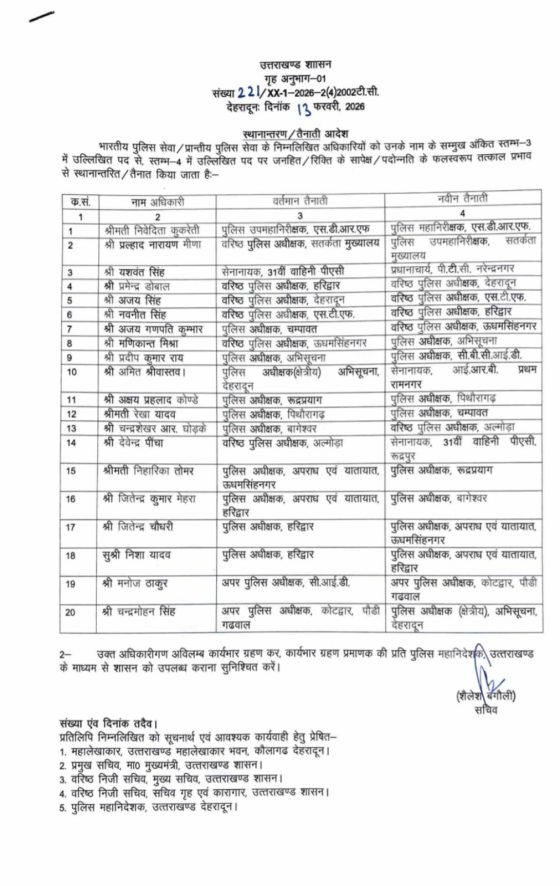DAINIK NATION BUREAU : India is on the brink of a significant policy shift. In a move that could impact both global sugar markets and domestic economies, India is poised to suspend sugar exports for the upcoming season. This would be first hiatus in a span of seven years. This decision comes as the aftermath of drought-induced cane yield reductions has triggered concerns about fulfilling local sugar demands and pivoting towards ethanol production.
Cane Yield Woes and Export Suspension :
As the new season commences in October, India faces an impending sugar supply crunch. A dearth of rainfall has severely impacted cane yields, forcing the hands of policymakers to contemplate a temporary ban on sugar exports. According to three government sources, the halt in exports aims to prioritize the domestic sugar market, ensuring that local requirements are met adequately. This strategic decision underscores the critical nature of maintaining self-sufficiency and balancing resources to mitigate potential food inflation concerns.
Global Ramifications of India’s Move :
India’s prominent absence from the international sugar trade arena carries substantial implications for global markets. Already trading at multi-year highs in New York and London, benchmark sugar prices could witness further escalation if India’s production capacity is significantly curtailed. This projected scarcity might trigger a domino effect, driving up sugar prices worldwide and intensifying concerns over inflation, particularly in the context of global food markets.
Pivoting Toward Ethanol Production :
Underpinning India’s decision to halt sugar exports is a dual-pronged strategy: prioritizing local sugar demands and fostering ethanol production. With an emphasis on addressing the local sugar deficit, authorities seek to ensure an adequate supply for domestic consumption. Furthermore, leveraging surplus sugarcane for ethanol production aligns with sustainable energy goals, contributing to a diversified energy matrix and a reduced carbon footprint.
Government’s Perspective :
A government insider, who spoke on condition of anonymity, highlighted the rationale behind the export ban. The primary focus, the source emphasized, is to cater to the immediate local sugar requirements and harness surplus sugarcane for ethanol production. The source added that the upcoming season might see a shortfall in sugar supply, making it challenging to allocate quotas for exports.
India’s contemplation of a sugar export ban reverberates through both domestic and international realms. While safeguarding domestic sugar supplies is a top priority, the potential impact on global sugar prices and inflation cannot be ignored. As India grapples with its intricate balancing act, navigating between agricultural needs, energy goals, and international market dynamics, the world watches closely, aware of the far-reaching implications this decision could yield.
 Dainik Nation News Portal
Dainik Nation News Portal

